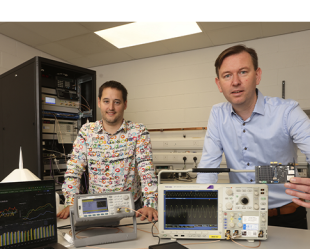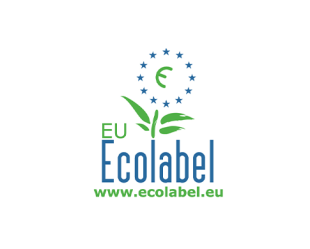The National Standards Authority is urging all students moving into private rented accommodation to ensure their lodgings meet the proper health and safety standards. The call comes as more than 50,000 students prepare to enter third-level education for the first time – and many thousands more return for another academic year.
Minister for Trade, Employment, Business, EU Digital Single Market and Data Protection, Pat Breen TD said: “Standards are playing an increasingly significant role in society by highlighting and ensuring the quality of the goods we buy, the services we use and the work we undertake. I would encourage all students to be aware of the importance of standards – not only for their college years, but throughout their future working lives.”
Landlords have a legal duty to ensure that rented accommodation meets certain minimum physical and safety standards including, but not limited to, the presence of two smoke alarms, a Carbon Monoxide (CO) detector, a fire blanket and a fixed heater.
All these items should display the CE Mark, which shows that the product meets the minimum safety requirements as set out under European legislation, and, in the case of CO detectors, should meet the EN 50291 standard.
“Finding appropriate rental accommodation for students in the current climate is very challenging, given the current shortage in housing supply. We’re asking people to be mindful of standards when they do secure a place to stay and, if necessary, to remind landlords of their obligations when it comes to providing a safe place to live,” said Pat Bracken, NSAI’s Director of Corporate Services. “All rental accommodation, regardless of size or type, should contain two smoke alarms, a CO detector, a fire blanket and fixed heating. All of those items should display the CE mark and, where applicable, meet the relevant standards,” he added.
Here are five simple tips to help ensure quality and reliability in a product or service:
1. Buy genuine
Only buy electrical products, such as laptops, kettles, toasters, or extension leads that display the CE Mark. The CE mark should be visible on the product itself or on its packaging. If it’s not there don’t buy it.
2. Don't overload power outlets
When you're short on sockets, it may be tempting to have your laptop, phone, TV, hairdryer and gaming system all plugged into one cord, but that can overload the circuit and potentially cause a fire. Make sure the extension cord is heavy enough for the intended load and that there are no loose connections. If a cord or plug becomes hot when it is plugged in, it may be overloaded and should be disconnected immediately.
3. Keep heaters away from everything else
Electric heaters are a great way to heat a room but are not meant to dry clothes and they should not be left unattended. Misuse can lead to serious injuries, fatalities or fires. Place the heater where it cannot be knocked over, at least one metre from furniture and flammable materials such as curtains, bedding and paper. Turn it off if you’re heading out for the day or night. Always follow the manufacturer's instructions and again, make sure it displays the CE Mark.
4. Read the instructions
If you are using electrical appliances, make sure you follow the manufacturer's instructions. Don't leave items unattended while in use, for example a laptop on a bed, and keep flammable materials away from cooking and heating devices.
5. Get alarmed
Carbon monoxide is a colourless, odourless, lethal gas and a carbon monoxide detector could save your life. Look for three quality marks on the device; EN 50291, the CE-Mark symbol and an end-of-life indicator. Test your smoke detectors once a week, by pressing the test button until the alarm sounds. Change the batteries once a year, unless it’s a ten-year alarm and NSAI recommends you replace the whole unit every 10 years. Smoke alarms should meet either the Irish standard, I.S. 409, the British standard, BS 5446, or the American standard, ANSI UL 217.
In addition to the above advice, NSAI is advising prospective tenants to read the appropriate legislation in full for more information on their statutory rights.
The Housing (Standards for Rented Houses) Regulations 2019 can be read here: http://www.irishstatutebook.ie/eli/2019/si/137/made/en/print?q=housing+standards+
For further information, visit NSAI.ie, like us on Facebook and LinkedIn at NSAI or follow us on Twitter @NSAI_Standards
NSAI’s Director of Corporate Services Pat Bracken is available for interview. To arrange please contact:
NSAI Press Officer, Deirdre Farrelly: (086) 8690774
Email: deirdre.farrelly@nsai.ie



